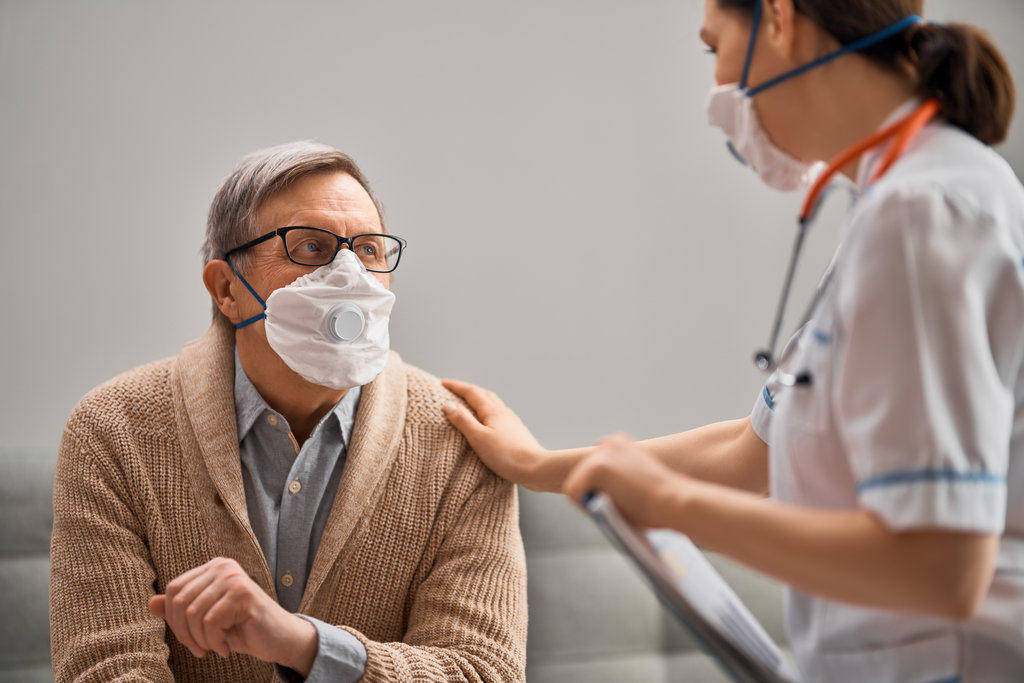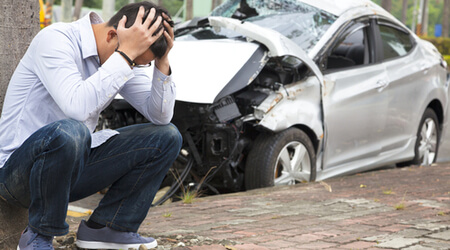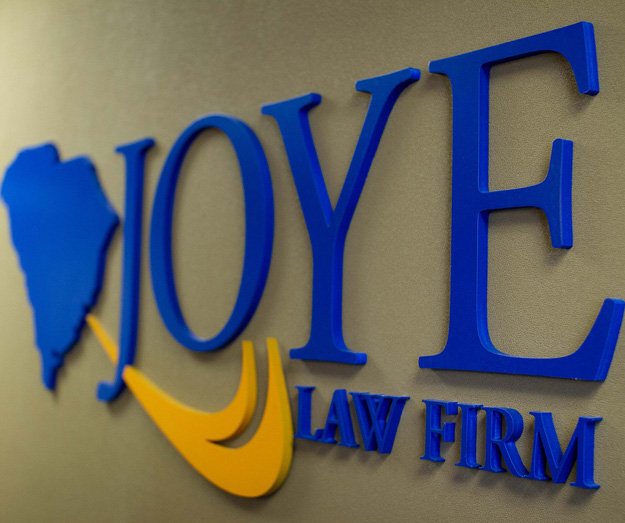
Outbreaks of Coronavirus in nursing homes in South Carolina and other states have shown that nursing home residents are particularly vulnerable to the deadly respiratory disease.
A King County, Washington, nursing home was the nation’s first “hot spot” for coronavirus cases in late February and early March. According to the Centers for Disease Control and Prevention (CDC), COVID-19 infected 81 residents, 34 staff members and 14 visitors. Twenty-three people have died.
Multiple cases of COVID-19 have been traced to a Lexington Medical Care Extended Living Facility in Lexington County, South Carolina. An older male resident of the facility who died in March was the state’s first COVID-19 fatality, The State newspaper reported.
On March 30, ABC News reported coronavirus outbreaks “infecting hundreds of residents … and killing at least five people” at four nursing homes in four states over the previous weekend – Maryland, West Virginia, Virginia and Tennessee.
South Carolina is home to nearly 200 nursing homes and thousands of nursing home residents, according to the S.C. Department of Health and Environmental Control. Despite many South Carolina nursing homes closing their doors to visitors since late March, as recently as April 7, an Anderson, S.C., nursing home reported a resident testing positive for COVID-19.
There are many questions to be raised and answered in the coming months about how nursing homes have dealt with the COVID-19 coronavirus and protections for vulnerable residents. Family members of nursing home residents who have been hospitalized and/or died from the virus will inquire as to whether the nursing home facility took reasonable steps to protect residents and prevent the spread of the virus.
What Should Nursing Homes Do to Protect Residents from Covid-19?
The COVID-19 coronavirus is a respiratory disease spread mainly through person-to-person contact. The elderly and people with underlying health problems are particularly vulnerable to the potentially fatal virus. Researchers suggest that the elevated risk of serious illness and death from COVID-19 among the elderly is due to frailty of the immune system among people age 70 and older and those who have preexisting conditions.
Unfortunately, elderly people with debilitating medical conditions who live in close proximity to each other describes nursing homes. Bring in visitors or staff who may have coronavirus but are not exhibiting any symptoms, and you have the perfect storm of COVID-19 contagion.
Following outbreaks at nursing homes and other long-term care facilities across the country, the CDC issued general strategies for preventing the spread of COVID-19 in long-term care facilities (LTCFs). They are the same strategies these facilities use every day to detect and prevent the spread of other respiratory viruses like influenza, the federal agency said.
The Centers for Medicare & Medicaid Services (CMS), which funds most nursing homes and other LTCFs, has issued its own guidance for infection control to prevent the spread of COVID-19 at a variety of inpatient and outpatient healthcare facilities and for healthcare providers, based on CDC guidelines.
CMS’s five guidelines for nursing homes and other LTCFs to prevent the spread of COVID-19 include:
- Nursing homes should immediately ensure that they are complying with all CMS and CDC guidance related to infection control.
- State and local health departments should work with long-term care facilities in their communities to determine and help address long-term care facility needs for personal protection equipment (PPE) and/or COVID-19 tests.
- Long-term care facilities should immediately begin screening every individual who enters a long-term care facility including residents, staff, visitors, outside healthcare workers and vendors for symptoms of COVID-19. Everyone should be asked about COVID-19 symptoms and have their temperature checked.
- Nursing homes should ensure all staff are using appropriate protective masks and garments when they are interacting with long-term care patients, to the extent that the equipment is available. For the duration of the state of emergency, all long-term care facility personnel should wear a facemask while they are in the facility.
- To avoid transmission within long-term care facilities, facilities should use separate staffing teams for COVID-19-positive residents to the best of their ability, and work with state and local leaders to designate separate facilities or units within a facility to separate COVID-19 negative residents from COVID-19 positive residents and individuals with unknown COVID-19 status.
The CDC’s guidance for nursing homes is much more comprehensive. Its most recently posted updates to infection control guidance is that nursing homes should assume that COVID-19 could already be in their community and to recommend that nursing homes:
- Restrict all visitation except for certain compassionate care situations, such as end of life situations
- Restrict all volunteers and non-essential healthcare personnel such as hair stylists and barbers
- Cancel all group activities and communal dining
- Implement active screening of residents and nursing home staff for fever and respiratory symptoms
Among its recommendations of steps that facilities should take now, the CDC says:
- Educate residents, healthcare personnel, and visitors. Educate residents and families including:
- Information about COVID-19
- Actions the facility is taking to protect them and their loved ones, including visitor restrictions
- Actions residents and families can take to protect themselves in the facility
Provide supplies for recommended infection prevention and control practices
- Hand hygiene supplies
- Personal protective equipment (PPE)
- Environmental cleaning and disinfection.


































